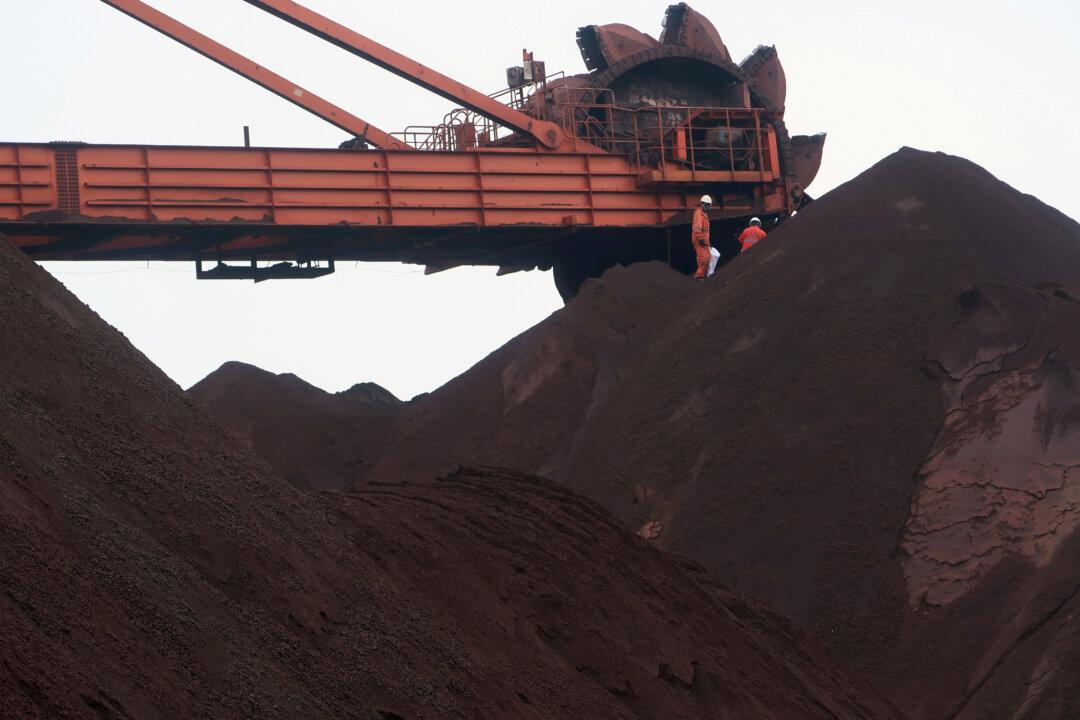Australian iron ore companies saw their share prices dive on Wednesday in response to declining steel sector activity in China.
According to RBC analyst Kaan Peker, Chinese steelmakers have been reducing production for the last five weeks, partly due to the Chinese Communist Party’s (CCP) ban on Australian coal imports into the country, and the upcoming Chinese New Year period.





